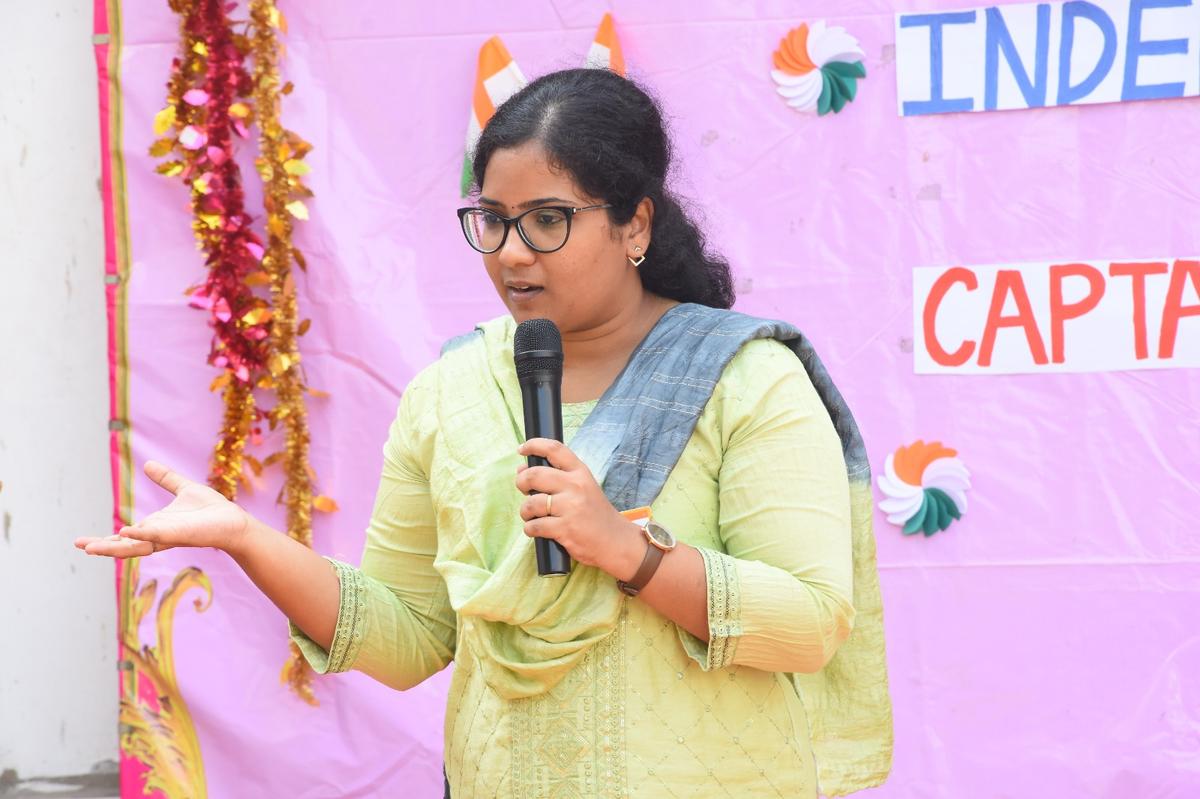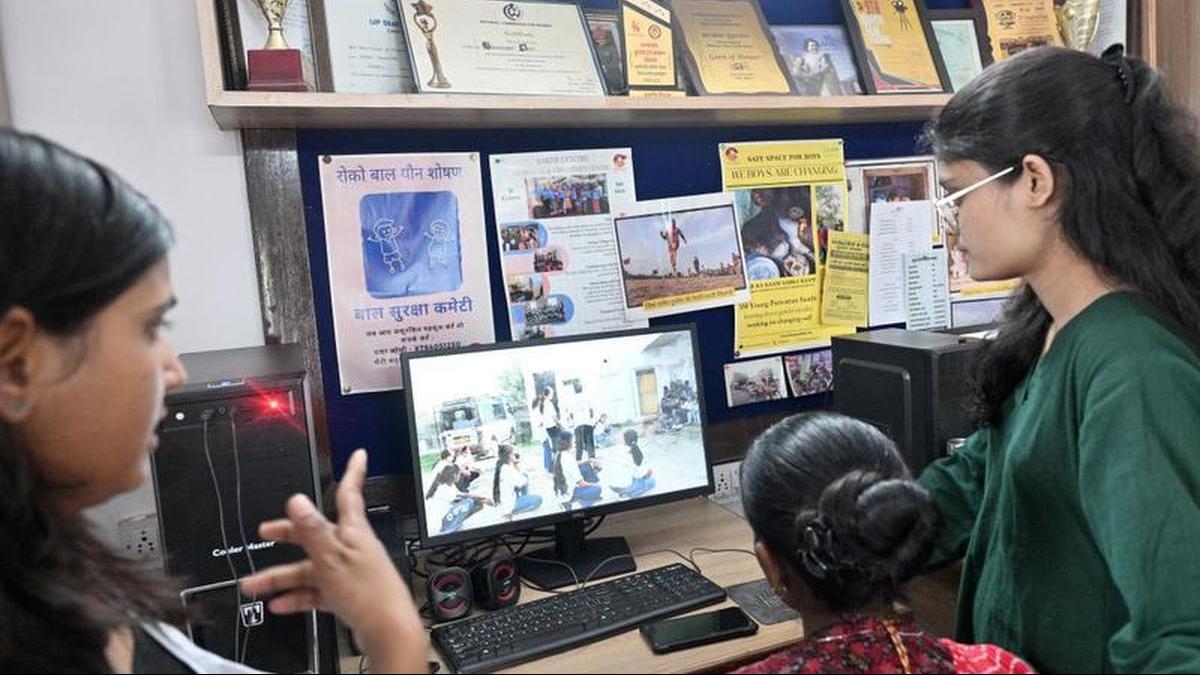Kids these days call it a ‘timeline cleanse’, but most others call it plain old ‘good news’. This week, a number of news articles made my heart swell, a respite from the otherwise dreary nature of the news cycle.
It has been victory-filled in the world of gender. The Karnataka government became the first Indian State to approve paid menstrual leave in government and private sectors. Many women have welcomed this move. This is especially since it is hardly acknowledged how dysmenorrhea inhibits women from functioning optimally during the time of their monthly cycles at work spaces. Even when not performing physical labour, cramps during one’s period tend to be limiting, causing acute discomfort. A day of rest a month will help with better performance while accounting for women and their bodies.
This topic of menstrual leave however, has left Indian feminists debating the subject. This piece quotes Shruti M.P., personnel administration, Infosys, who has pointed out that giving 12 menstrual leave days per year will create unequal issues in the workplace. “Initiating one day of menstrual leave could prove disadvantageous to women themselves as there is a possibility to lose employment opportunities,” she said. Similar arguments were raised against maternity leave when the subject was brought to the fore. Yet, necessity seems to have outweighed patriarchal notions of what ‘employment’ and ‘opportunity’ mean. We should ask for more leave including parental leave (not just maternity leave); else employers will be averse to recruiting women or paying equal wages.
Another joyful article this week by Alisha Dutta speaks of how about 30 women of all ages, once bound by the shackles of child marriage, now walk into the office of the Mahila Jan Adhikar Samiti, an NGO in Ajmer, to learn the craft of filmmaking and editing, hoping to make their own films soon.
In other news, the only man to have appealed against his conviction for raping 72-year-old French resident Gisèle Pelicot, has gotten his sentence increased from nine to 10 years in prison. Husamettin Dogan, 44, claimed he was innocent despite graphic video footage shown in court of him penetrating a motionless Pelicot. During the trial, she asked to stop being referred to as an icon. “I am an ordinary woman who dared to open up her trial,” she said. “I have become an icon against my will.” How women become unwilling heroes is a longer story to tell someday.
Finally, Harvard University appointed Lawhore Vagistan, the drag persona of professor Kareem Khubchandani, to teach classes as a visiting professor on queer culture, ethnography, and RuPaul’s Drag Race. In his class, students will learn to answer questions around bodies, pleasure, power, and desire.
Have a gender-euphoric week!
Wordsworth
Gender-based exclusion: Although the term is self-explanatory, it seems one needs to spell it out for India’s Ministry of External Affairs. On October 10, Afghan Foreign Minister Amir Khan Muttaqi, an official representative of the Taliban, addressed the Indian press excluding, all women journalists. Congress MP Priyanka Gandhi Vadra described the incident as an “insult to some of India’s most competent women”.
Toolkit
The National Crime Records Bureau’s latest report from the year 2023 throws up alarming statistics of gender-based violence in India. A total of 4,48,211 cases of crime against women were registered during 2023, showing an increase of 0.7% over 2022 where 4,45,256 cases were recorded. According to this report, cases registered under dowry-related crimes saw a 14% increase in 2023, with more than 15,000 cases recorded across the country and over 6,100 deaths reported through the year.
Ouch!
“Look, I come from a backward family. We used to turn away whenever a sensuous type of scene came in a movie. This happens in our house even today. Gauahar [Khan] is a part of our family now, and we are responsible for her reputation. But I can’t tell her not to work; that right belongs only to Zaid [Darbar]. So, I don’t indulge in activities that might bother me.”
Music composer Ismail Darbar on actor and his daughter-in-law Gauahar Khan working post marriage.
People we meet

Poorani C
| Photo Credit:
Special Arrangement
Poorani C, 29, co-founder, Penn Collective, aims to equip women with the skills necessary for political engagement, encouraging them to pursue long-term careers in politics. During her work as a political consultant, Poorani was witness to blatant gender-based discrimination, abuse, and indifference. “I have seen a large number of women attending political meetings as beneficiaries but rarely do we see them on the stage as leaders or organisers. Why are women not part of the power structures, decision-making tables?” Through initiatives like Thaenkoodu (Honeycomb), her organisation hopes to build the capacities of women local body leaders and aspirants through workshops. This is besides representing the woes of grassroots-level women politicians through petitions and protests. “I aspire to enter mainstream politics someday too. But that is secondary. My immediate ambition is to create a sisterhood and a community of women leaders to fall back on each other, to upskill themselves, to run for office, and to be meaningfully represented at the local, State, and national levels,” she says.
Published – October 12, 2025 08:08 am IST
























